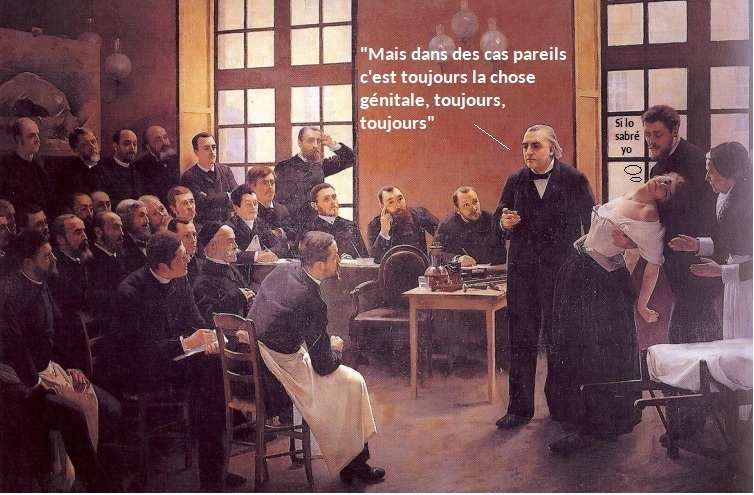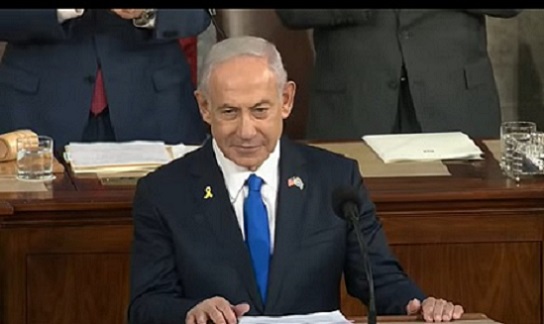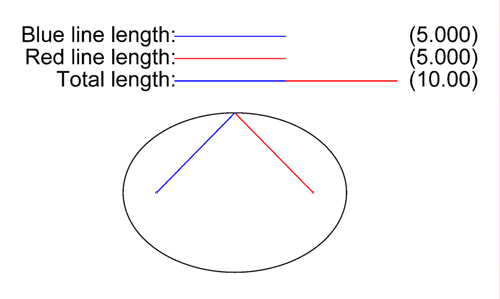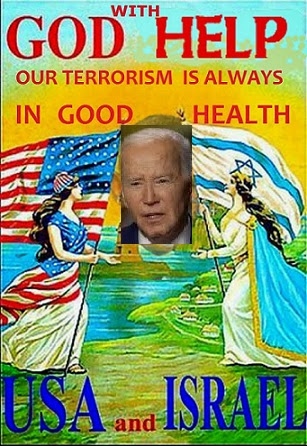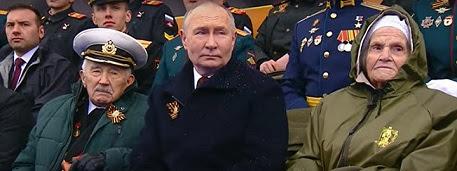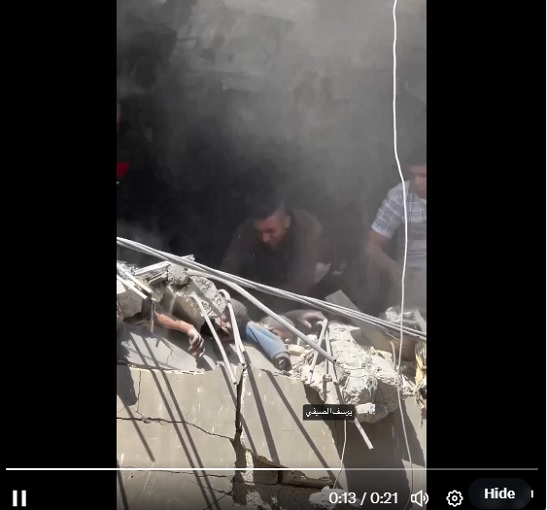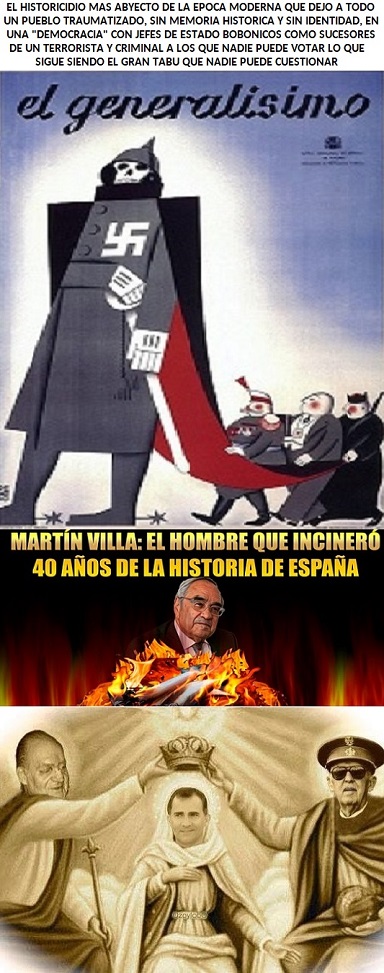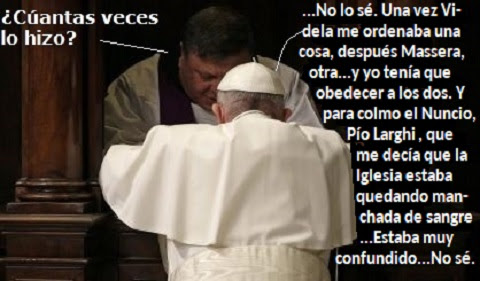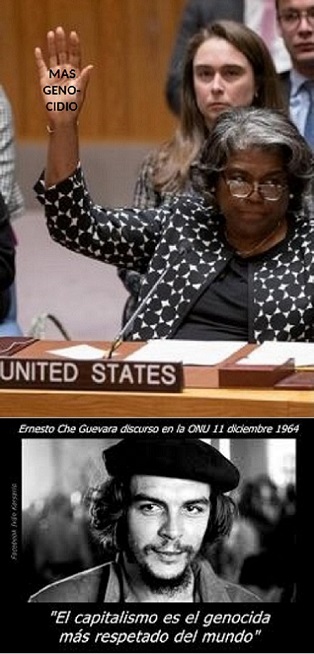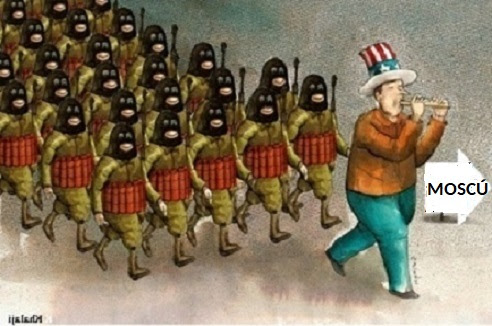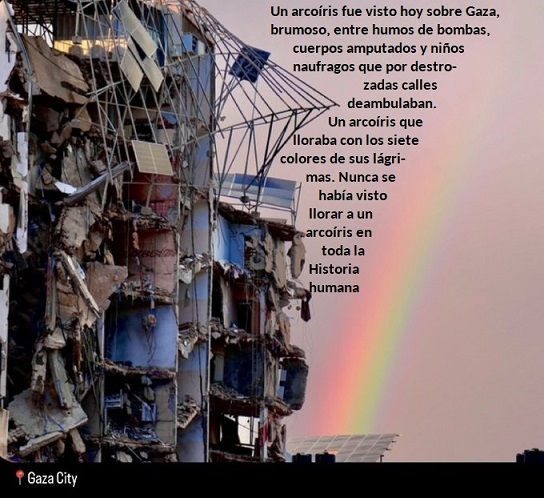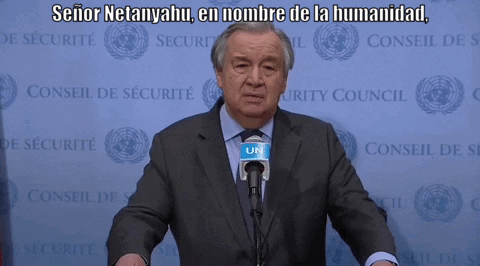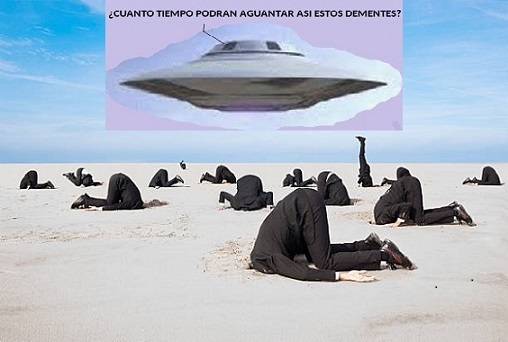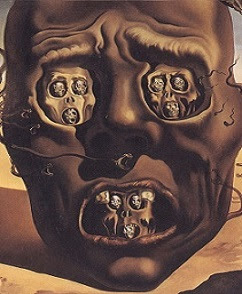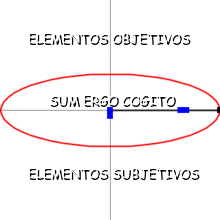Desenmascarando al TIR, Terrorismo Internacional de los Ricos, bajo su "Ministerio de la Verdad, el BUF, Brainwashing Under Freedom, y en Homenaje al heróico pueblo sirio en lucha contra los contínuos ataques terroristas del "free world, camuflados con las Mentiras y Manipulaciones de siempre ...como aquellas 'Armas de Destrucción Masiva' que tenía Iraq y por eso fue invadido y destruído al estilo de Hernán Cortés con el México azteca
............................
Syria: Democracy vs. Foreign Invasion. Who is Bashar Al Assad?
A Syrian's Perspective: Bashar al-Assad's Democratic Movement
To fully understand this its is helpful to look at the historical context of the current crisis. The so-called “spontaneous popular uprising” started in Daraa on March 15th, 2011.
The court house, police stations, governor’s house, and other public buildings were looted and torched by the “peaceful protestors” in the first week of the crisis. The people in Homs then began to protest in solidarity with Daraa, but this was uncharacteristic of peaceful Homs and many Syrians knew that it was a fake revolution.
About 110 unarmed police officers were murdered in Daraa and Homs, sparking anger against the “revolutionaries.”
There was an incident in the city Baniyas where an Alawite truck driver was attacked by an armed mob, skinned, and paraded through the city. This was strongly resented by almost all Syrians and since then not a single major city actually rebelled against the government.
The foreign backed “revolutionaries” would attack a neighborhood, police station, or army base, from across the borders of Lebanon, Jordan, Turkey, and Iraq. Then they would claim that the city was in rebellion. But the Syrians, seeing the same lies in all the western and Arab news stations, and the exiled rotten officials adopting the ‘revolution’, mostly took an anti-revolution stance.
That is why whenever the rebels would infest a town or city you would immediately hear of a massacre to punish the residents for not supporting them.
Of course the mainstream media would claim that it was Assad forces punishing the town that dared to oppose him!
Assad took advantage of the revolution to introduce his packages of reforms, putting aside those in the old guards who opposed them. Many of the old guard then joined the opposition abroad.
The opposition demanded the removal of article 8 from the Syrian constitution making the Baath Party head of the government. Instead of just deleting it Bashar Assad had the constitution re-written buy a specialized committee of Syrian experts from all parties in Syria and with input from all Syrians.
A referendum was held and the new constitution was approved with almost 90% of a voter turnout of 60%.
Assad then enacted a Media Law that would allow more freedom of expression and the establishment of new independent media outlets.
Assad eased requirements on the formation of political parties, excluding sectarian based parties. We now have at least nine new political parties.
Municipal elections were held in December 2011. Many of those who won seats were assassinated or threatened throughout the country by the same revolutionaries who claimed to want democracy.
Parliamentary elections were held in May 2012 with no eligibility restraints on the candidates.
Historical Context: Syria in the 1980s
Recent events can be better understood in the context of Syrian history. Bashar al-Assad is the son of late president Hafez al-Assad. Hafez was described by western mainstream media as a tyrant and oppressor but he was not nearly as bad as any other leader in his time like Thatcher, Reagan, or any of the region’s rulers including Turkey’s military rule.
The current anti-Assad opposition often refer to the 1982 Hama ‘massacre’. They claim that Hafez besieged the city and then bombed it killing up to 40,000 civilians. I lived in Damascus at that time and you must understand the conditions in the country at the time to know what really happened.
Late Hafez Assad followed a more complex policy regarding foes and foreign agents in his government than Bashar does. Hafez would keep his foes in their posts but under his watchful eyes.
When Bashar was selected by the Syrian Parliament to succeed his father in 2000 he removed all of the treasonous foes and foreign agents that Hafez had maintained in office.
Bashar’s first reform was to ease some political restrictions, allowing politicians to move more freely. In June 2000 the Damascus Spring was started. It lasted until Autumn 2001 by which time most of the treasonous opposition’s foreign funding, and relations with the US Department of State and corporate think tanks had been exposed.
The corrupt officials and their families were expelled from Syria and settled in foreign countries.
They used their massive accumulations of wealth to mount political opposition to Bashar from abroad.
In 2003 the US was occupying Iraq.
US Secretary of State Collin Powell visited Bashar and handed him a list of demands including:
Bashar refused these demands in the face of the nearly 200,000 coalition troops across the Syrian border in Iraq. Instead Bashar sought to hinder the occupation of Iraq and demanded that the occupying forces withdraw.
Because of the proximity of Damascus to the western boarder with Lebanon Syria has the strategic need to secure this border.
None the less in 2000 Bashar started withdrawing Syrian troops from Lebanon where they had battled Israeli forces.
The troops were reduced from 35,000 in the year 2000 to 14,000 in early 2004. In 2005 Lebanese Prime Minster Rafic Hariri was assassinated with the help of members of the Lebanese Future Movement party and likely the help of the US and France.
This was a political blow to Assad within Lebanon, and he was also blamed for the assassination using media manipulation and prepared activists.
Tens of thousands of Lebanese took to the streets to condemn the killing of Hariri including members of Syria’s closest allies Hizbullah and Amal.The media claimed that the crowds were against the Syrian Army presence in Lebanon.
US and France tried to pressure Assad into reinforcing the Syrian Army in Lebanon to stabilize the country but Bashar withdrew all Syrian troops from Lebanon.
This background gives the context accompanying president Assad’s reform attempts in Syria, where he had to face foreign powers from abroad and their agents from within.
The current crisis is not a civil war or rebellion, but a foreign aggression against a sovereign nation.
About the author: The author was born and lived in Damascus, Syria. He moved to Germany ten years ago and runs a company that organizes tourist groups to Syria. Before the conflict he went to Syria often to stay for days and months. He has been an outspoken defender of the Syrian government and has been targeted by the Free Syrian Army who destroyed his property and threatened his life, and so writes under the name Arabi Souri. This article was edited by Seth Rutledge.















































































































































































































